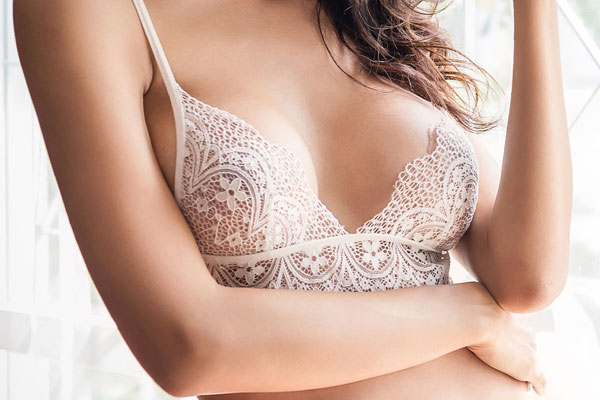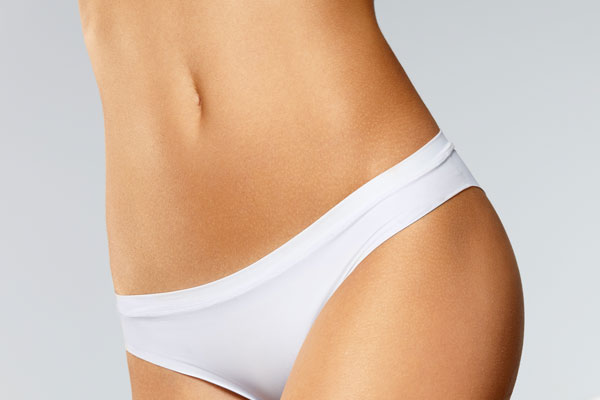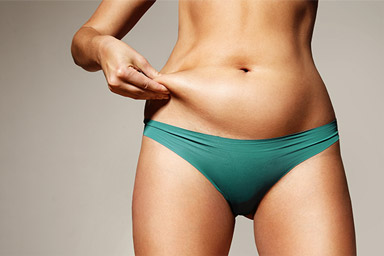BREAST IMPLANTS – FREQUENTLY ASKED QUESTIONS
Whether you are thinking about getting saline breast implants or silicone breast implants, it is important that you are well informed about what to expect with breast augmentation surgery. Below are some answers to the most frequently asked questions about breast implants.
What is a saline breast implant?
A saline implant is filled with sterile salt water at the time of surgery and the fullness can be adjusted. A saline implant leak will cause the implant to collapse. The leaked saline is absorbed by the body and discharged. Saline implants are approved for women over the age of 18 years.
What is a silicone implant?
A silicone implant is filled with a moveable gel that mimics the movement and feel of breast tissue. If a silicone implant leaks, the leakage may be contained within the shell or escape into the body. Silicone implants do not necessarily collapse when they leak. MRI examinations every two years are recommended to detect leaks or ruptures. Women over the age of 22 years are approved for silicone implants.
Which is better: saline or silicone implants?
In the end, the decision is entirely up to you. There are pros and cons to both types of implants. Some women feel saline implants make their breasts feel too hard, however, improved surgical techniques seem to have mainly overcome this drawback. While silicone implants feel more natural, it might not be possible to know if they leak and entail regular MRI examinations to assess their condition.
How safe are implants?
Both saline and silicone implants are considered safe, even if they leak. If they rupture, you will require further breast augmentation surgery to remove the old implants and insert new ones. Leaking implants may eventually cause pain, but they are not proven to increase the risk of breast cancer or connective tissue disease.
Can I still breastfeed with implants and is it safe?
The majority of women can still breastfeed after breast implants. However, if the implants are inserted through an incision beneath the nipple or on top of breast muscle, there is a possibility breastfeeding may be more difficult or impossible. Studies have proved that silicone cannot be passed to infants through breast milk.






